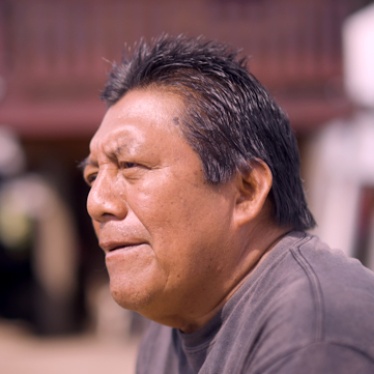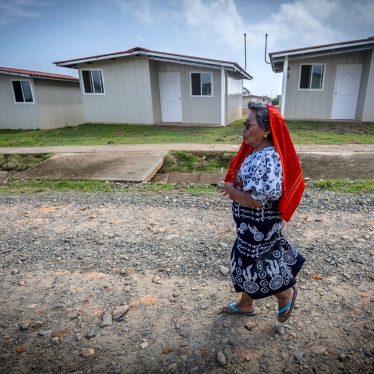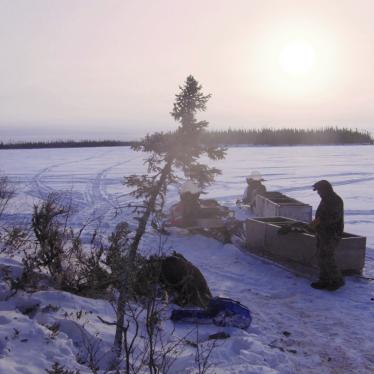In his 2015 campaign, Prime Minister Justin Trudeau made a commitment to end long-term boil-water advisories in all First Nations, Canada’s indigenous populations, in five years. For a country as water-rich as Canada, you would expect this to be an easy task. But, as Human Rights Watch documented in a report last year, the problem of contaminated drinking water is complex – from funding shortfalls to regulatory gaps. Turning it around requires money, engagement of indigenous communities, and a commitment to human rights in the process.
Minister of Indigenous and Northern Affairs Canada (INAC) Carolyn Bennett understands the challenges of meeting Trudeau’s goal. This week she told the media outlet CBC, “I don’t think you get anywhere without a hard target, and this is our hard target and we are committed to it.”
A new report looking at progress towards this commitment at the community-level, released last week by the David Suzuki Foundation and Council of Canadians, shows that some First Nations aren’t sure the goal will be met in their own communities. Based on interviews with operators and technicians – those working most closely with getting drinking water to their people – the report looks at nine communities in Ontario. It determines that at least three of these First Nations will struggle to meet the goal of ending their long-term boil-water advisory within the time allotted – without significant change in the government’s approach to the issue.
It may be that these significant changes are on their way. With just a few weeks left in the first year of the government’s five-year budget, Bennett has announced she will release an update on INAC’s progress and how it plans to reach the goal. There is much anticipation in what this announcement could mean. Will it be the game-changer communities, like those Human Rights Watch worked with for its report and those the David Suzuki Foundation profiled in its report, have been hoping for?
“We will get there…” Bennett has promised. This week, I hope we learn how.









